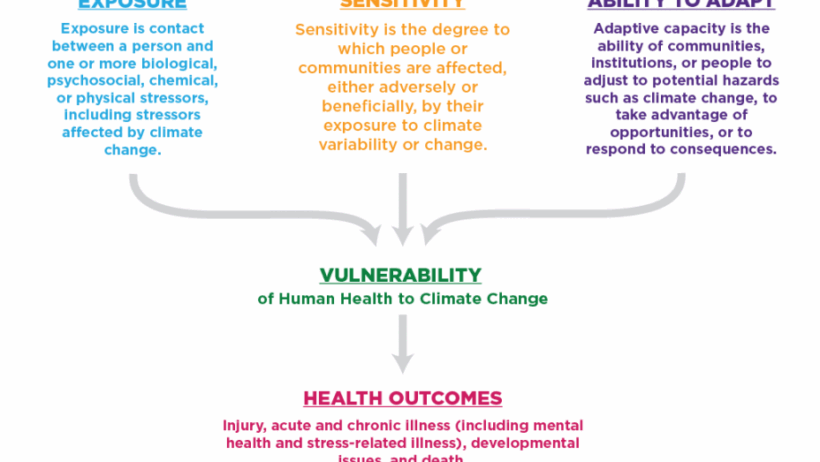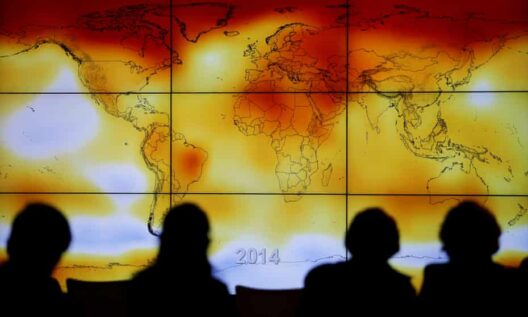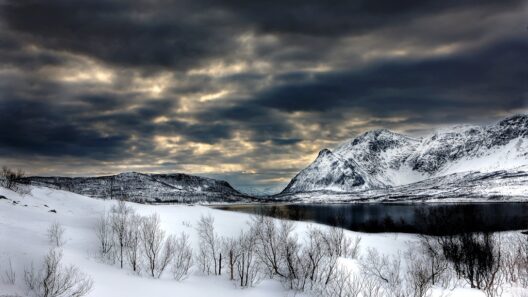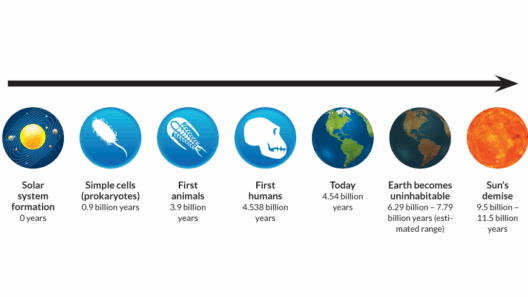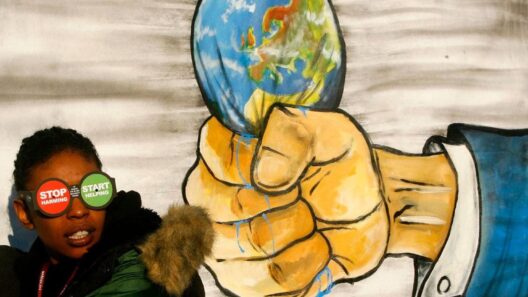As the planet warms, we are confronted with a stark reality: climate change does not discriminate, yet it preferentially targets the vulnerable. Like a cruel symphony, its notes resonate through the lives of those least equipped to endure the crescendo of its impacts. From the urban poor to indigenous communities, the intricate web of climate change reveals the profound disparities woven into the fabric of our societies.
To fully grasp the breadth of suffering induced by climate change, it is crucial to understand who these vulnerable populations are. Emerging economies often bear the brunt of climate-induced adversities. In communities with limited resources, severe weather events become catastrophic. When torrential rains cause landslides or hurricanes wreak havoc, it is the impoverished who lose homes and livelihoods. They operate in survival mode, eking out an existence on the margins, often without the means to recover from such disruptions.
Additionally, marginalized groups within wealthier nations face similar disparities. In the United States, for example, low-income neighborhoods predominantly comprised of people of color frequently reside in flood-prone areas. These communities encounter systemic barriers that hinder their ability to relocate or prepare for climate events. When disaster strikes, their suffering is amplified by pre-existing socio-economic inequities. It is as if they are trapped in a relentless cycle, with climate change merely adding fuel to the already existing flames of hardship.
Another demographic severely impacted by climate change is rural populations, especially those reliant on agriculture. Here, the metaphor of a delicate flower garden comes to mind. Farmers toil in the soil, nurturing their crops much like gardeners tend to their plants. Yet the changing climate acts as an uninvited, tempestuous guest, wreaking havoc on their flourishing fields. Altered precipitation patterns result in droughts and floods, while rising temperatures threaten crop yields. For these farmers, each season becomes a game of chance, and the stakes are their very livelihoods.
Moreover, indigenous communities worldwide are especially vulnerable. These groups have lived in harmony with their environments for centuries, possessing profound knowledge of local ecosystems. However, climate change disrupts their intricate relationship with the land. As ice caps melt and ecosystems falter, traditional ways of life become irrevocably altered. It is akin to a symphony losing its melody, leaving its players lost without a score. The cultural and spiritual ties that bind these communities to their lands are threatened, and with them, the essence of their identity.
Young people and future generations also bear the weight of the climate crisis. It is not merely an immediate concern; it casts a long shadow over their prospects. The ecological degradation inflicted today will shape the world that children inherit. This prospect should compel us, as stewards of the earth, to view young people as a critical demographic in the fight against climate change. They will confront the ramifications of our actions and inactions, navigating an altered landscape marred by our collective failure to act decisively.
Furthermore, women often bear a disproportionate burden in the wake of climate change. Particularly in developing regions, when resources become scarce, women are tasked with the brunt of fetching water, food, and fuel for their families. This intensification of labor draws them deeper into cycles of poverty and marginalization. As resources dwindle, so too do their opportunities, further entrenching gender inequalities. It is a grim reality that the very tools designed to empower—education and autonomy—often slip further from their grasp.
Public health also suffers under the relentless pressure of climate change, painting a chilling picture of the future. The impacts of rising temperatures contribute to the proliferation of vector-borne diseases like malaria and dengue, particularly in vulnerable populations. The heatwaves and extreme weather events exacerbate respiratory diseases and mental health issues, creating an additional layer of suffering that is often overlooked. Vulnerable populations are particularly susceptible due to insufficient access to healthcare. They are the forgotten victims, grappling with the repercussions of climate change long after the headlines fade.
Addressing the plight of these vulnerable groups necessitates both awareness and action. Climate justice must be at the forefront of our discourse. We must acknowledge that climate change is not merely an environmental issue; it is inextricably linked to social justice. Policies designed to mitigate climate change must also prioritize the needs of those who suffer the most. This means investing in renewable energy solutions that empower rather than displace, fostering resilience in communities facing climate vulnerabilities.
Equitable adaptation strategies can provide a blueprint for change, ensuring that support extends to those who need it most. This might include climate-resilient agricultural practices, enhanced infrastructure in flood-prone regions, or initiatives aimed at supporting mental health in the face of climate-related stressors. Such measures serve as a balm, ameliorating suffering and fostering resilience in the face of adversity.
Ultimately, climate change reveals a complex tapestry woven from threads of inequality, vulnerability, and interconnectivity. When one community suffers, the effects ripple outward, touching us all. Recognizing who truly suffers from climate change demands that we re-evaluate not only our individual responsibilities but also our collective commitment to justice. It is an intricate dance, one where only through collaboration and understanding can we hope to forge a path toward a more equitable future for all.
As stewards of our planet, the time has come to listen to the voices of those affected by climate change and to stand in solidarity with those who are vulnerable. The story of climate change is not yet fully written, and together we can change the narrative. We must advocate not only for the health of our planet but also for the well-being of its inhabitants, especially those who suffer the most. Only then can we embrace the full spectrum of our humanity and cultivate a future that thrives amidst adversity.



